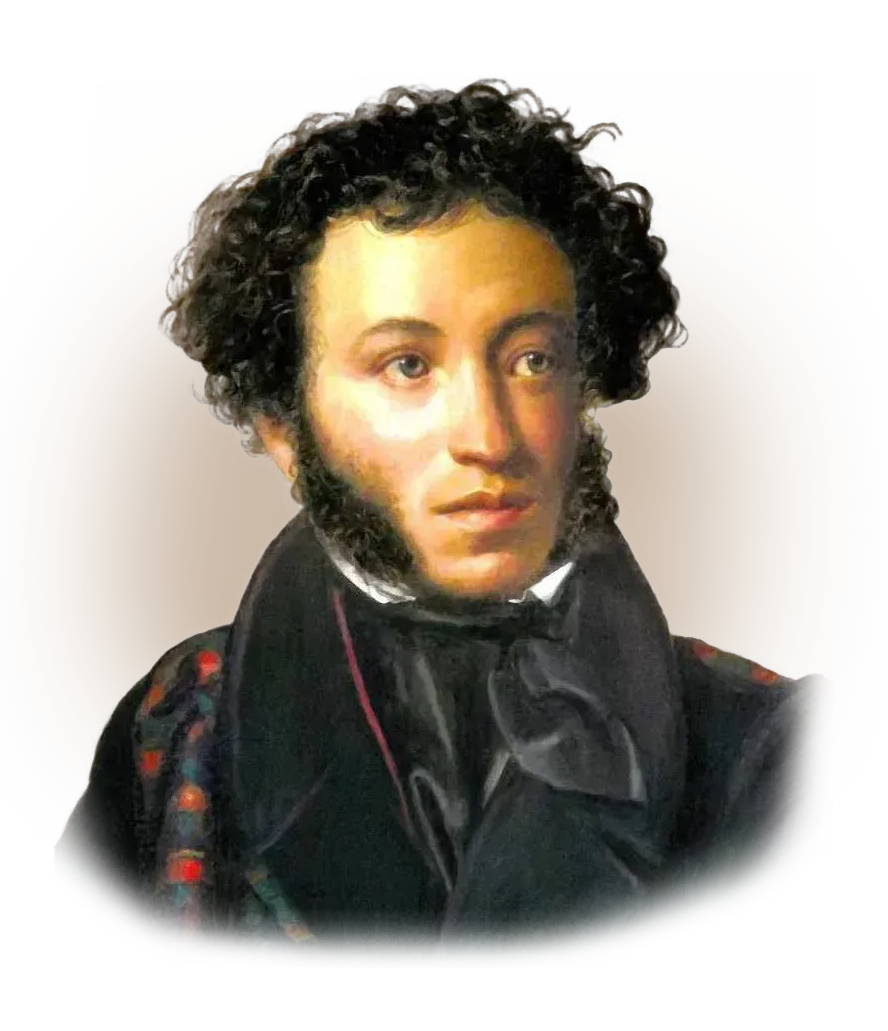
28.12.2023
Alexander Pushkin, the revered Russian poet and literary figure, held a significant place in shaping Russian culture and society. His works delve into various facets of his era, encompassing politics, societal norms, ideologies, and social issues. While his literary creations contain elements intertwined with politics, interpreting Pushkin’s explicit political beliefs solely from his works can be complex.
Alexander Pushkin, the revered Russian poet and literary figure, held a significant place in shaping Russian culture and society. His works delve into various facets of his era, encompassing politics, societal norms, ideologies, and social issues. While his literary creations contain elements intertwined with politics, interpreting Pushkin’s explicit political beliefs solely from his works can be complex.
Pushkin lived during a period of significant political and social change in Russia. His writings often depicted the struggles and triumphs of the Russian people, touching upon themes of freedom, justice, and the human condition. However, his political views are not explicitly articulated in a direct manifesto or through overtly partisan writing.
Nonetheless, Pushkin’s views can be inferred through his associations, interactions, and the historical context of his time. He was acquainted with various political circles, including liberal intellectuals and aristocrats, and expressed admiration for the principles of liberty and justice. His poetry subtly critiques societal issues and sometimes subtly challenges the existing political establishment.
Pushkin’s stance on serfdom, a prevalent social and political issue in Russia during his time, remains a subject of analysis. While some scholars argue that his writings show sympathy toward the plight of the serfs and a desire for their liberation, others suggest a more nuanced approach, highlighting his connections to the nobility and potential ambiguity in his views.
In essence, interpreting Pushkin’s political ideologies requires careful analysis of his literary works, historical context, personal relationships, and societal influences. His legacy as a literary figure and his impact on Russian culture remain profound, even as the definitive understanding of his political beliefs might continue to invite scholarly debate and interpretation.




